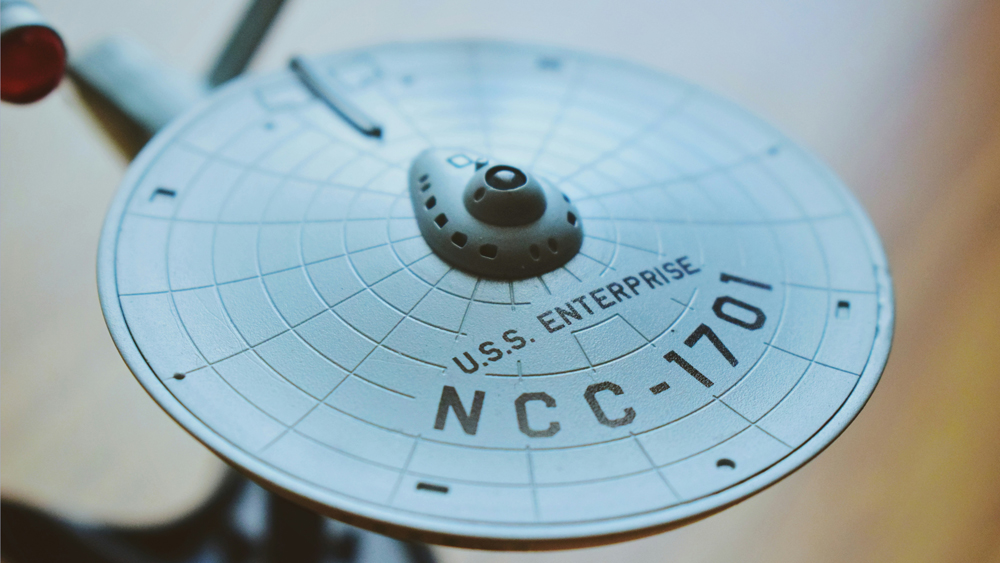
Boldly go and cultivate a Vulcan for your team. Photo by Stefan Cosma on Unsplash.
As leaders, we like being decisive and making quick decisions. We know our businesses well and are willing to act. Doing so without true contrarian input can be dangerous, though.
|
ADVERTISEMENT |
You can make better decisions simply by identifying and relying on your own personal Mr. Spock. Yes, I’ve been watching movies again and, as usual, I can’t help but draw a leadership perspective from them.
In Star Trek (the new version—which was awesome), Capt. Kirk is decisive yet impetuous. He takes on huge risks and acts on emotion. Many times he’s right. He has a good gut feeling and intuition. He knows his team and his organization’s capabilities. He’s a great tactician. But it’s easy to see how his snap decisions could lead to disaster.
Mr. Spock, on the other hand, is brutally logical and dispassionate. Stylistically, he is diametrically opposed to Capt. Kirk. Needless to say, the two of them go at each other’s throats (figuratively, and literally when Spock snaps and chokes Kirk).
As a team, however, the two of them make better decisions. As conflict-laden and painful as their relationship is at times, it works.
…
Comments
Another Valuable Pain
Valuable as it is to have a Spock, it can be equally as valuable (and painful) to have a Frank Drebin or Inspector Clouseau. Not in the sense of an absolute total doofus, but someone who knows little or nothing about the matter in question. I know it sounds counterintuitive but, if you consider yourself and Spock (both well versed on the subject), are you going to ask the stupid questions? … Are you going to overlook a root cause, because you and Spock, in your collective infinite wisdom, know with 100% certainty that it is not possible?
TrekMetrics
Alan Clayton was inspired to come up with TrekMetrics, a tool to encourage tracking both ‘right brain’ (leadership) and ‘left brain’ (management) metrics, as well as aligning the long term vision, medium term strategy and daily operations. In Trekmetrics, Captain Kirk focuses on vision/mission. Spock on strategy. Scotty on operations, and Dr McCoy on customer & team. This is very similar to the 6 Thinking Hats technique for examining problems. For instance
In simple terms, TrekMetrics calls for a combination of ‘leading’ (right) and ‘lagging’ (left) indicators, as well as strategic (top down) and operational (bottom up) indicators, again, looking at the results of the system, not individuals. So, it helps to find your Bones and Scotty too.
Mr.Spock
Dear Mike ,
You got it on the Spot or will it be on the Spock. Citing the more popular concepts like VUCA , Agility , Speed and so on, it's become very common to see many organizational members especially the Leaders to plunge into decisions without sufficient thought and deliberations . The phrase " Analysis / Paralysis" is utilized to urge many unwilling juniors to follow a path of doom . The response is to quote Poor PDCA wheel and justify that even if problems happen ( and they are bound to) they can be checked and acted upon. If we need to minimise the waste of crucial wastes including time and knowledge , this SPOCK has to be allowed to pop up . Don't confuse this with procrastination.
Thanks for a nice reminder ,
Regards,
Sundar
Add new comment